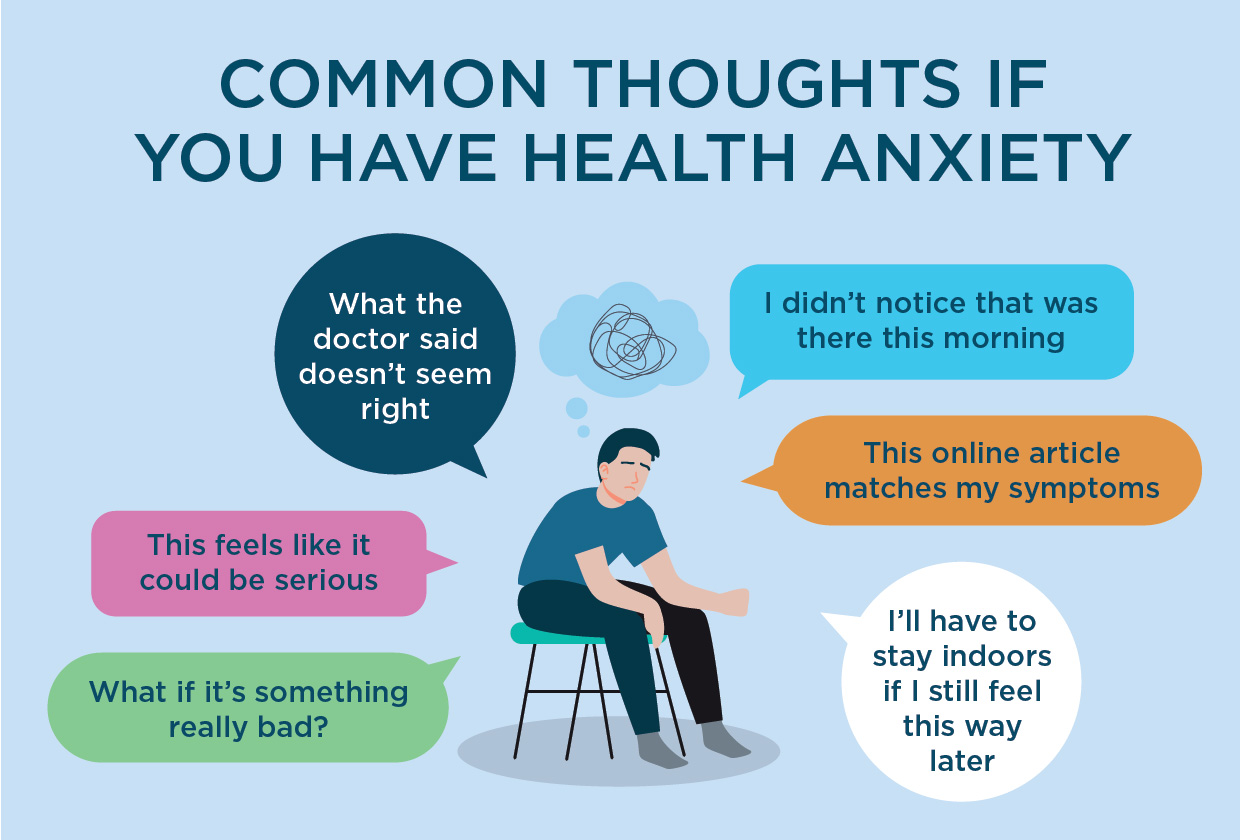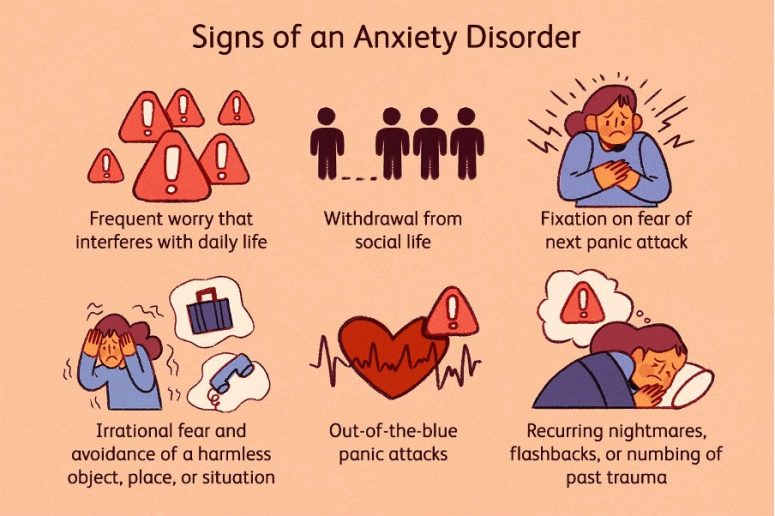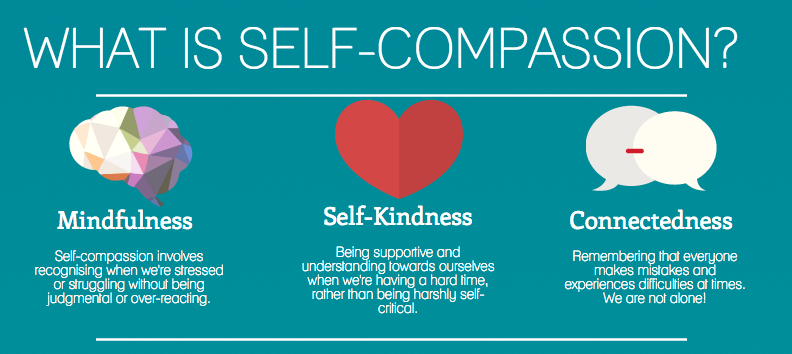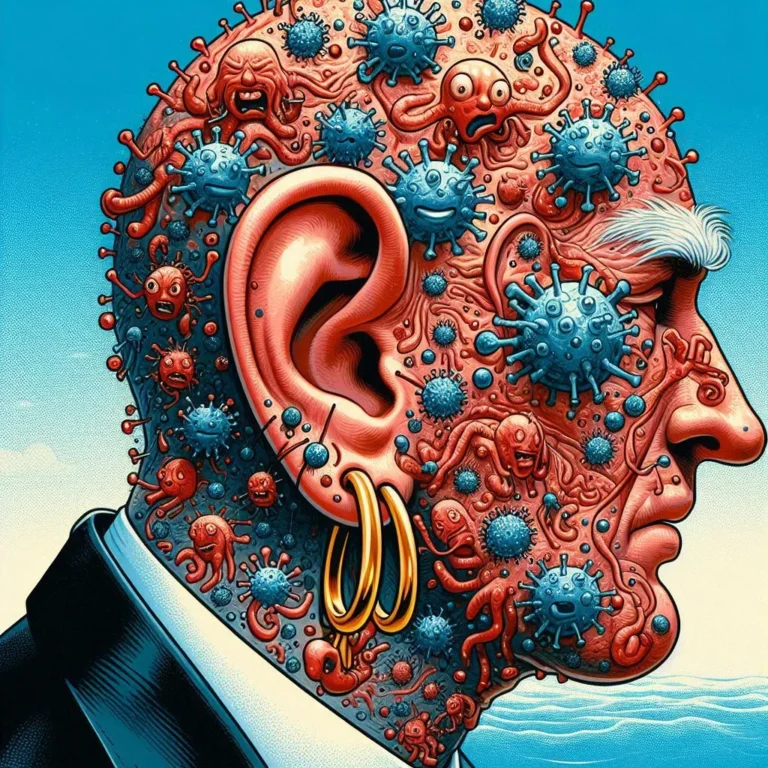
Understanding Health Anxiety: How to Cope with Constant Worry About Your Well-being. In today’s fast-paced world, it’s natural to have concerns about your health now and then. Whether it’s a slight headache, a sudden cough, or feeling a bit fatigued, most of us have experienced those moments of worry. However, for some people, these concerns can evolve into something much more overwhelming—what experts refer to as health anxiety.
Health anxiety is more than just a fleeting worry about a particular symptom or condition. It’s a persistent and often irrational fear that something is seriously wrong with your body, despite medical evidence to the contrary. This constant worry can take a toll on your mental, emotional, and even physical well-being, leading to frequent doctor visits, unnecessary tests, and a lot of stress. But how can you cope with this ongoing anxiety? Let’s explore what health anxiety really is and how to manage it effectively.
What is Health Anxiety?

Health anxiety, also known as hypochondria, is a condition in which an individual becomes excessively preoccupied with the fear of having a serious illness. It’s more than just occasional worry about symptoms; it’s an ongoing, often irrational concern about your health that can interfere with daily life.
People with health anxiety tend to misinterpret normal bodily sensations or minor symptoms as signs of a severe illness. For example, a headache might be perceived as a brain tumor, or a mild stomach ache might be seen as a sign of a life-threatening disease. These worries often persist even after receiving medical reassurance, and the fear can grow stronger over time.
It’s important to note that health anxiety is not just about being overly cautious or concerned about your health—it’s a real mental health condition that can cause significant distress. It can lead to physical symptoms, such as increased heart rate, muscle tension, and difficulty concentrating. It can also cause emotional effects, such as fear, frustration, and isolation.
Why Does Health Anxiety Happen?

Health anxiety can be triggered by various factors, including:
- Past health experiences: If you’ve had a serious illness in the past or experienced a health scare, you may be more prone to developing health anxiety.
- Family history: Anxiety disorders, including health anxiety, can run in families. If a parent or sibling has struggled with anxiety, you may be at higher risk.
- Stress and trauma: High levels of stress, or even traumatic events like losing a loved one to illness, can trigger health anxiety.
- Media and information overload: Today’s constant access to medical information online can fuel anxiety. When we Google symptoms, we often encounter worst-case scenarios, which can exacerbate fears and worries.
- Personality traits: People who tend to be perfectionistic or who struggle with controlling their emotions may be more prone to excessive worrying.
How Health Anxiety Affects Daily Life

Health anxiety doesn’t just affect your mind; it can also affect your body and daily life. Individuals with health anxiety often find themselves:
- Constantly seeking reassurance: You may repeatedly visit doctors, undergo medical tests, or consult friends and family to get reassurance that there’s nothing wrong with your health. Even after receiving confirmation, you may not feel reassured.
- Engaging in “checking” behaviors: This might include frequently monitoring your body for signs of illness—checking your pulse, temperature, or breathing—constantly feeling for lumps, or obsessively searching for symptoms online.
- Avoiding certain situations: If you fear something could trigger a health issue (like going to crowded places during flu season), you might avoid social situations or activities that could cause anxiety. (Read More : The Rise of Digital Healthcare Marketplaces: Transforming Patient Care in 2024).
- Experiencing physical symptoms: Health anxiety can cause physical symptoms such as dizziness, rapid heartbeat, fatigue, muscle tension, and even shortness of breath. These are often the result of prolonged stress and worry, but can easily be misinterpreted as signs of illness.
These behaviors can make it difficult to enjoy daily activities and can contribute to a feeling of being trapped in a cycle of worry. It may also increase the risk of developing depression or other mental health conditions.
Coping with Health Anxiety

If you’re struggling with health anxiety, know that you’re not alone, and there are ways to cope. Here are some strategies to help you manage your worries and reduce the impact of health anxiety on your life:
- Limit Health-Related Research: While it’s natural to want to look up symptoms, excessive online research can fuel your anxiety. Try to resist the urge to self-diagnose or search for information on medical websites, especially when it involves serious diseases or conditions.
- Practice Mindfulness and Relaxation Techniques: Techniques like deep breathing, progressive muscle relaxation, and meditation can help calm your mind and reduce the physical symptoms of anxiety. Regular practice can make you more resilient to anxious thoughts and help you focus on the present moment rather than future health worries. (Read More : Top Reasons Why Joining a Fitness Gym in 2024 is a Game-Changer for Your Health).
- Challenge Your Thoughts: Cognitive Behavioral Therapy (CBT) is one of the most effective treatments for health anxiety. A key aspect of CBT involves recognizing irrational thoughts and challenging them. For instance, if you feel a headache and immediately think it’s a brain tumor, you can ask yourself: “What evidence do I have for this thought? What are the chances that this is true?”
- Set Boundaries with Health-Related Behaviors: If you’re prone to seeking constant reassurance, set limits on how many times you visit the doctor or check your body for symptoms. Creating rules for yourself can help break the cycle of worry and reduce compulsive checking.
- Talk to a Professional: If health anxiety is affecting your quality of life, it might be time to seek help from a therapist or counselor who specializes in anxiety disorders. They can provide strategies to help you cope with the emotional and cognitive aspects of health anxiety.
- Focus on Your Overall Well-being: Sometimes, focusing on the things you can control, like getting regular exercise, maintaining a healthy diet, and getting enough sleep, can help you feel more empowered and less focused on symptoms. Taking care of your body can help reduce the anxiety surrounding it.
The Importance of Self-Compassion

It’s also essential to approach your health anxiety with kindness and understanding. Be patient with yourself. Like any other mental health issue, managing health anxiety takes time, and setbacks are part of the journey. Recognizing that your fears are real, even if they aren’t based on actual medical conditions, can be the first step toward healing. (Read More : How Healthcare Marketplaces Are Shaping the Future of Telemedicine in 2024).
Conclusion article Understanding Health Anxiety: How to Cope with Constant Worry About Your Well-being
In conclusion, health anxiety is a challenging and often overwhelming condition, but it’s also something that can be managed with the right tools and support. By learning to challenge irrational thoughts, practicing relaxation techniques, and limiting behaviors that reinforce anxiety, you can start to regain control of your life. It’s important to remember that you don’t have to go through this alone. Professional help, support from loved ones, and self-care practices can all make a significant difference in how you cope with health anxiety. Take it one step at a time, and remember that with patience and perseverance, you can reduce the grip health anxiety has on your life.






